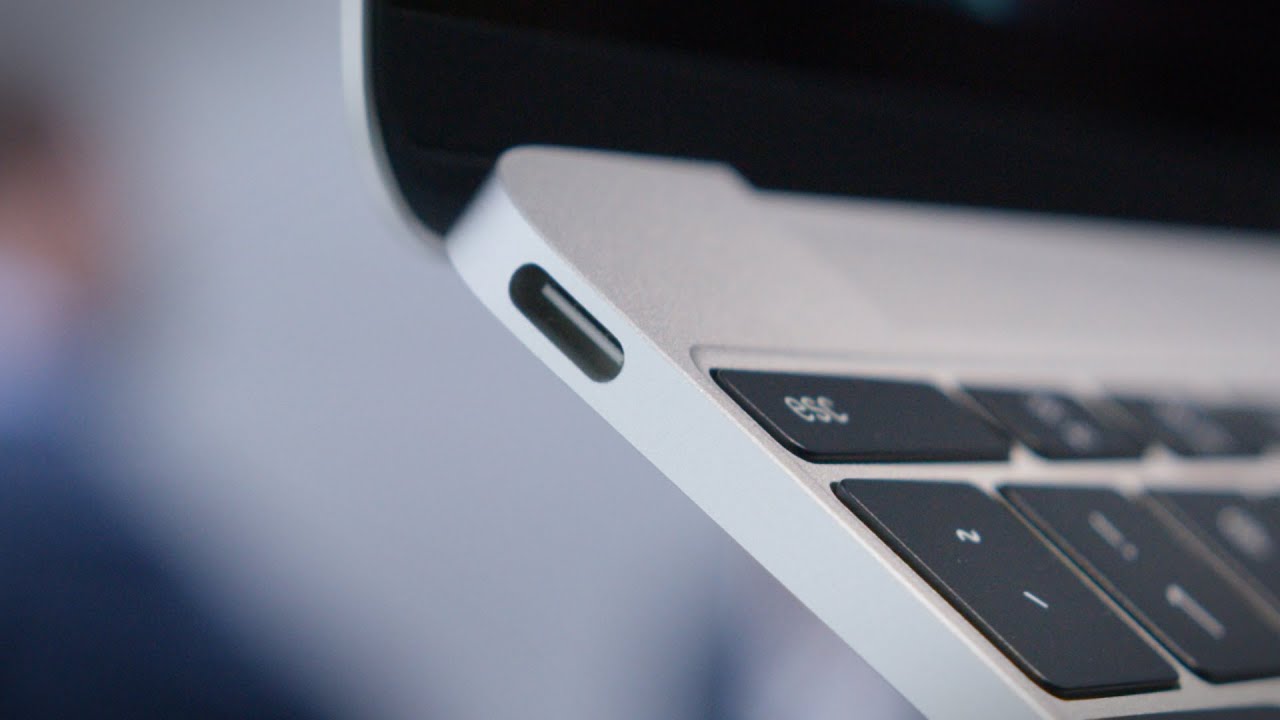What is USB C?
What Is USB C?
Are you using one of the latest laptop models? Then, you probably have come across the new USB Type-C. The advent of this new connection standard port eliminates multiple challenges faced while using previous chargers.
With the earlier chargers, you had to replace them whenever you purchased a new laptop. The USB Type-C port has replaced the type-A port on the latest laptops, tablets, and phones. While most devices are shifting towards this new technology age, iPad and iPhone users still rely on Apple’s proprietary lightning connector.
Here’s everything you need to know concerning USB Type-C.
The USB-C Demystified
The new USB-C connector delivers data to and from computing devices. The USB Type-C comes in a rectangular shape with curved, smooth corners. There’s no chance that you’ll insert it wrongly with this symmetrical shape. Besides, the USB-C is narrow enough to fit your phone with ease. Its form makes it ideal for phones, computers, and gaming consoles.
The MacBook Pro and Samsung Galaxy phones top the list of popular devices using USB-C cables.
What Benefits Does USB-C Offer?
The USB-C connector has multiple features that are ideal for today’s users. Depending on the specific port’s implementation, the USB-C connector offers diverse advantages, including:
- Speed: Working with the USB-C offers you access to the USB’ protocol latest version. You’ll enjoy zippy speeds that guarantee data transfers of up to ten gigabits per second. Ensure that you go for the best USB port standards, 3.1, 3.2, and Thunderbolt 3, to get ideal transfer speeds. Plugging your cable into a USB 3.1 port delivers 10 GB of data per second, while a USB 3.2 port offers 20 GB per second. Using Apple’s Thunderbolt 3 provides transfer speeds of up to 40GB per second.
- Size: Unlike its predecessors, type-B and C, the USB-C has a smaller height and width. Its smaller size is valuable in ensuring that smartphone and laptop USB ports remain clean.
- Enhanced power output: With the USB-C, you get to enjoy a power output of up to 100 watts thanks to its power delivery 3.0 technology. This connector offers little to worry about while working with laptops. Besides, the increased power output means that your devices will charge faster. You also get to charge high-powered devices with this new connector. This connector also features a two-way charging capability.
- Symmetrical: Earlier USB connectors require you to plug them into their ports in a specific orientation. However, the USB-C connector comes in a reversible form that lets you plug it in either way. Also, its pin configuration enables this feature. Unlike the previous USB connectors, the USB-C has no ‘right side up’ way that you need to plug in. When you are in a hurry, the USB-C connector won’t disappoint.
- Long-lasting: This robust connector can withstand up to 10000 insertion and removal cycles compared to its predecessors, which withstood only 1500 cycles.
- Guaranteed Safety: The USB Implementer Forum launched a USB Type-C authentication program protecting against non-compliant USB threats. With this program, your smartphone can interrupt data and current flow if it detects a suspicious USB-C plugged in.
- Consistent Support: Globally established smartphone and laptop manufacturers like HP, Samsung, Apple, and Dell deliver excellent support for USB-C users.
Getting The Suitable USB-C Connector
While the USB-C connector offers significant promise for the future, you need to understand some of its key features to make the right choice. First, USB-C ports are not always identical and function differently. Also, these connectors might not work on devices that are not compatible.
Besides, not all USB-C products support this connector’s full capability. Ultimately, product manufacturers determine how much users can get from this robust connector. Brands that target the high-end market will, typically, ensure that you leverage the full potential of the USB-C connector.
It would be helpful to check your product’s specs on the manufacturer’s official website to know if it supports all the features of the USB Type-C connector.
Should You Get A USB-C Connector?
USB-C manufacturers have designed this product to serve present and future client needs. If you are looking to stay ahead of the curve, the USB Type-C connector will deliver for you. The USB-C connector delivers faster speeds, durability, secure data transfer, and higher power output. These features make it an ideal choice for mobile device users.
Thanks to the team at DataEcon in Dallas for their help with this content.





